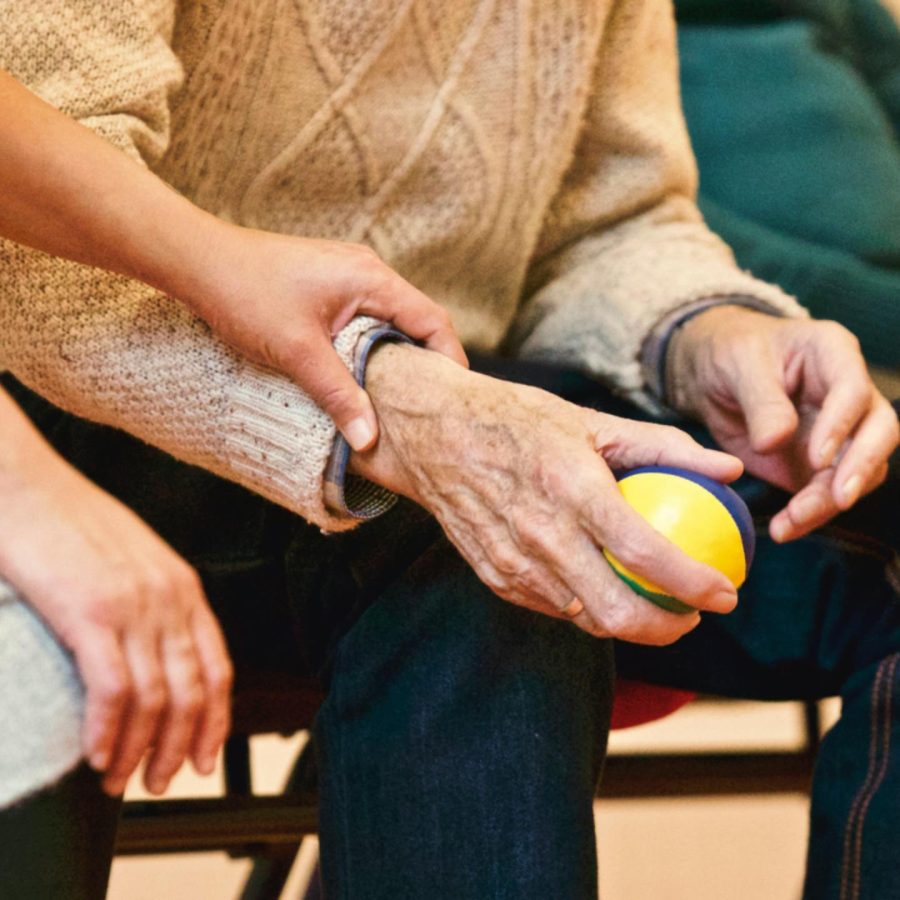People experiencing homelessness experience some of the worst health outcomes in society and frequently die young. They face many barriers in accessing services which can be connected to previous traumatic experiences, poor mental health and/or substance misuse. Many people experiencing homelessness die unsupported in undignified situations. Advance care planning and the involvement of palliative care services is rare.
Palliative care is not just care and support at the very end of life. It can occur alongside active treatment and should be considered for anyone with a life limiting condition. A palliative approach aims to improve the quality of life and death for individuals by supporting their physical, emotional, social and spiritual needs holistically.
Pathway Fellows Dr Caroline Shulman and Dr Briony Hudson have developed a programme of research and implementation work over a number of years exploring challenges to palliative care access and routes and mechanisms to address these unmet needs.
In collaboration with St Mungo’s, Marie Curie, University College London and Coordinate My Care, and supported by Julian Daley, a Care Navigator for Pathway, the team spoke to a range of professionals, frontline staff and people living in hostels or attending day centres. They identified a range of challenges and barriers preventing people experiencing homelessness from receiving high quality palliative care.
Read about the key challenges and recommendations here.
It was really important that we talked to everyone about this. Not just doctors and nurses and people working in hostels, but to people who’ve lived on the streets and in hostels, who know what it’s really like.
Julian, Care Navigator and homelessness Expert by Experience
Join our National Network
In partnership with Marie Curie and York University, we are running a free, online network that meets monthly, to bring professionals from all disciplines and people with lived experience together, to share what is needed to improve access to high quality palliative care for people experiencing homelessness.
This network is an opportunity to:
- learn from each other
- share best practice, research, challenges and successes, and
- connect with others with similar passion for improving care for people who may benefit from palliative care support
Click here to hear about and connect with a number of regional projects around the country working on palliative care and homelessness.
Developing interprofessional communities of practice
The team are also working on other ways to increase multi-professional multiagency support for this population as outlined below.
IMPROVE is an 8-session intervention used to develop locally owned Communities of Practice with the aim of improving palliative and end of life care support for people experiencing homelessness. Its development was jointly funded by NHSE, the Oak Foundation and Marie Curie. Facilitators (who attend two half-day trainings) use an online platform containing videos and facilitation guides to chair the eight monthly 1.5-hour sessions. The sessions are designed to bring together people from a range of professional backgrounds who are working within the same locality, to share learning, experiences and discuss challenges, in order to enhance the provision of high-quality care to people experiencing homelessness who have advanced ill health. The intervention has run successfully in 10 areas across England.
IMPROVE Realist Evaluation
The NIHR have now granted 3 years of funding (November 2024 – October 2027) to conduct a realist evaluation of IMPROVE.
The programme is in 3 phases:
Phase 1 – Interviews with practitioners that have been involved so far, and service users with high health need in those areas – Nov 2024 – July 2025 (complete – 33 practitioners, 14 service users)
Phase 2 – Optimise intervention and resources based on interview feedback – July 2025 – Dec 2025 (in progress, 15 short films are being created, and the resources will be hosted on a new, updated public platform)
Phase 3 – Action learning set of 6 new sites using optimised invention Jan 2026 – Nov 2027 with 6 month follow up after the 8 sessions have been delivered (test sites will be chosen in Aug 2025)
To find out more about the IMPROVE realist evaluation please contact: samantha.dorney-smith@ucl.ac.uk.
To express an interest in delivering IMPROVE in the future please contact homelesspalliativecare@mariecurie.org.uk with any questions.
